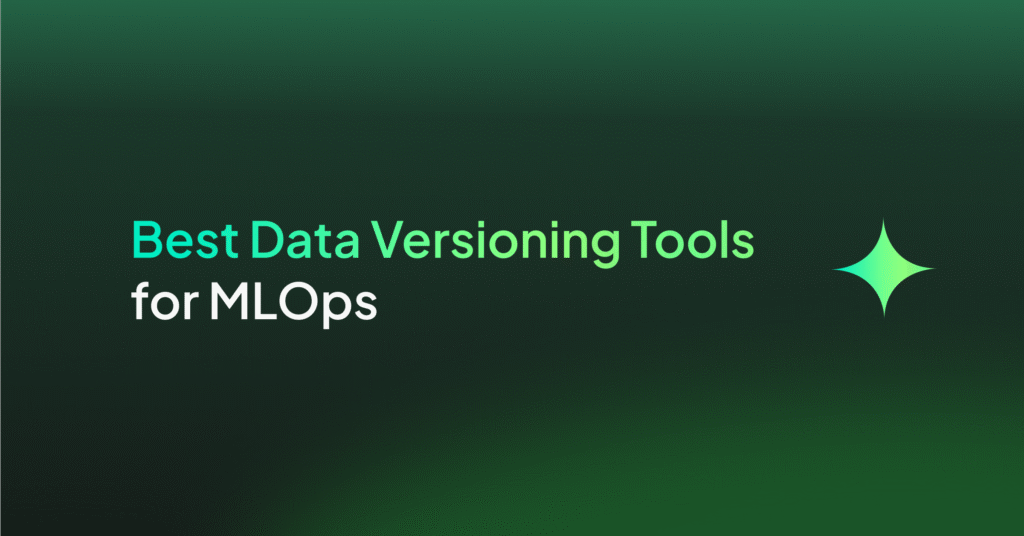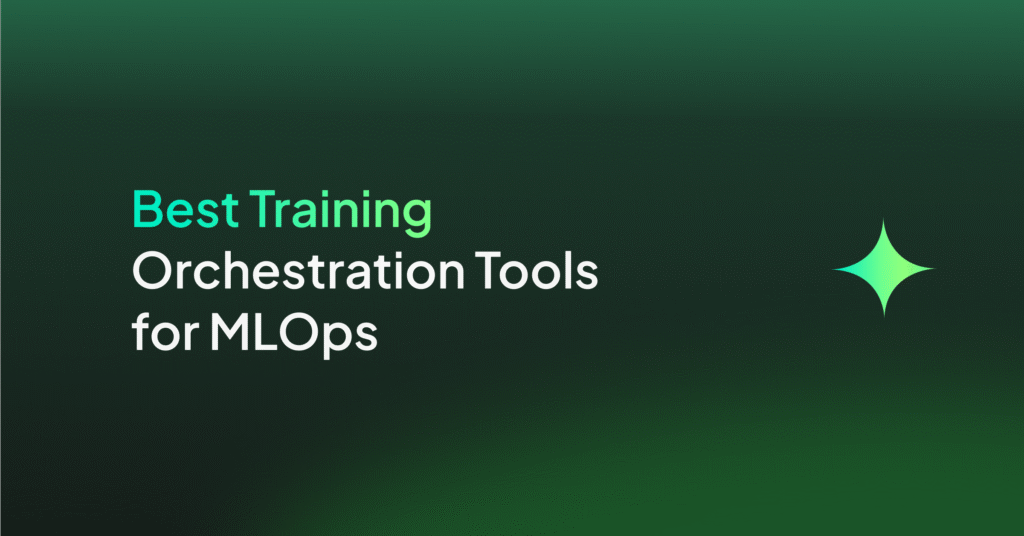Best Feature Stores for MLOps

For more and more data science teams, feature stores are becoming an essential part of their ML pipeline. If your company is working with large amounts of data, having a feature store that serves as a warehouse for documented features that can be used across a variety of ML models can be extremely valuable.
What is a Feature Store?
A feature store is essentially a data management system for managing machine learning features, feature engineering code, and data. With a Feature Store, machine learning pipelines and online applications have easy access to that data. Data scientists can focus on training and retraining models with the most up-to-date features, rather than needing to constantly rebuild features for new models.
Why are Feature Stores Important?
A feature store creates a central place where different teams within an organization can share, build, and manage features – preventing the need to rebuild the same features. This allows organizations to save time, resources, ensure consistency of information, and scale their AI.
It’s not surprising that feature stores now play a vital role in modern machine learning. By automating and centrally managing the data processes powering operational machine learning models, feature stores facilitate the development and deployment of features quickly and reliably.
How to Choose a Feature Store?
Data scientists, ML Engineers, Dev Ops, and data engineers should all have the ability to find features, reuse them in new applications, and visualize statistics on data. It’s also important that your feature store includes robust data transformation capabilities, so your team can easily aggregate, join, filter, and manipulate data.
To help you choose the best feature store for your organization, we’ve compared various feature stores in the MLOps space. Take a look below to see a list of top feature stores available.
1) Tecton
The Tecton feature store enables data scientists and data engineers to control the entire lifecycle of features – from building new features to deploying them within hours.
Benefits:
- Use batch, streaming, and real-time data to build high-quality features
- Build better models faster by sharing and reusing features
- Instantly deploy and serve features in production
- Integrates easily with Amazon SageMaker, Databricks, and Kubeflow
- Built to support enterprise-level scale
2) Butterfree
A tool for building feature stores that have the ability to transform your raw data into features.
Benefits:
- ETL: a central framework to create data pipelines with; spark-based Extract, Transform and Load modules ready to use
- Declarative Feature Engineering: focused on what you wish to compute, not how to code it
- Modeling: a library that easily provides everything you need to process and load data to your Feature Store
3) Bytehub
Easy-to-use feature store with support for large datasets and cluster computing.
Benefits:
- Simple to use, with a Pandas-like API
- Requires no complicated infrastructure, runs on a local Python installation or in a cloud environment
- Optimized for time-series operations, making it highly suited to applications such as those in finance, energy, forecasting
- Supports simple time/value data as well as complex structures, e.g. dictionaries
4) Feast
Feast is an operational data system that manages and serves machine learning features to models in production.
Benefits:
- Provides a single data access layer that abstracts feature storage from feature retrieval to decouple models from data infrastructure
- Enables minimal oversight to ship features into production by providing both a centralized registry for; publishing features, and a battle-hardened serving layer
- Solves the challenge of data leakage by providing point-in-time correct feature retrieval when exporting feature datasets for model training
- Ability to start new ML projects by selecting previously engineered features from a centralized registry with no requirement to develop new features
5) Hopsworks
Hopsworks’ Feature Store allows you to manage your training and serving models.
Benefits:
- Provides scale-out storage for training and batch inference as well as low-latency storage for online applications that need to build feature vectors to make real-time predictions
- Provides Python and Java/Scala APIs to enable batch and online applications to manage and use features for machine learning
- Integrates seamlessly with popular platforms for data science, such as AWS Sagemaker & Databricks along with backend data lakes, such as S3 & Hadoop
- Supports cloud and on-prem type deployments
Find the Right MLOps Tools for Your Needs
In recent years the MLOps space is continuing to grow with more tools that are designed to make model building, training, and deploying simpler, more automated, and scalable. However, it’s not always easy to determine which MLOps tools answer your needs best. To make this process easier, we’ve created MLOps.toys – a curated list of useful MLOps tools for training orchestration, experiment tracking, data versioning, model serving, model monitoring, and explainability.




